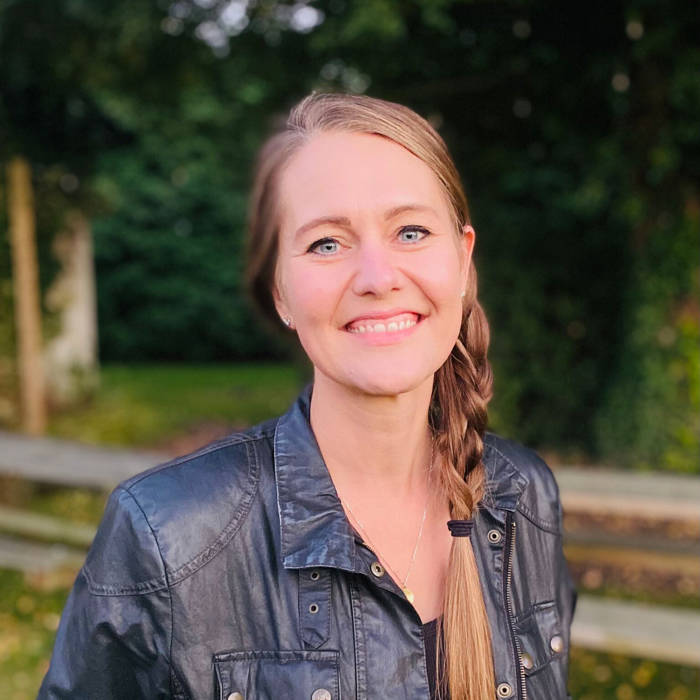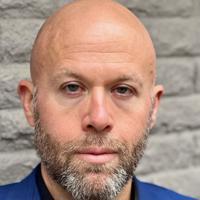On the Nose: Nasality as Percept and Physical Reality
Thursday 9th May 2024, 5:00 PM - 7:00 PM (London Time)
Nasality has a long history of consideration in singing teaching. Even early voice treatise author Pierfrancesco Tosi addressed nasality in his writing, stating: “…the voice of the scholar… whether it be di petto or di testa, should always come forth neat and clear, without passing through the nose, or being choked in the throat; which are two of the most horrible defects in a singer". Tosi’s quote reveals an obvious stylistic aesthetic preference, but one that was likely based on tone or timbre, rather than any physical reality.
Empirical studies that have sought to ascertain whether expert listeners agree on the timbral quality of 'nasality' have historically fallen short of finding listener agreement on the sound of perceptual nasality. Still, if you inquired of voice teachers whether they could perceptually identify nasality, most often they would claim that they could.
There have been other studies which have measured velopharyngeal opening by means of acoustic or aerodynamic signal through the nasal cavity during singing. Most of these have focused on the use of nasal airflow near passaggi.
This course will address three perspectives on nasality:
1) Distinctions between nasal airflow and audio signal (velopharyngeal opening) and perception;
2) Deciphering between the two timbral qualities commonly related to nasality - twang and honk - and which are related to velopharyngeal opening;
3) The pedagogic usefulness of velopharyngeal opening to reduce laryngeal instabilities near points of registration shifts.
Nicholas Perna
Tenor Nicholas Perna is Associate Professor of Voice and Producer for Lyric Stage at Mississippi College, Vice President for Outreach for NATS, the creator and co-host of the VocalFri Podcast, and has presented research on four continents. His voice has been hailed by the Houston Chronicle as “an impressive sound", and the South Florida Sun Sentinel praised his “emotionally driven performance".

Attend this course for as little as £22 as part of the Voice Professional Training CPD Award Scheme.
Learn MoreSorry, this is an archived short course...
We have plenty of upcoming short courses coming soon. See details of some of them below or look at the full list of short courses.

Monday 7th July 2025
2:00 PM - 4:00 PM
Tuesday 8th July 2025
2:00 PM - 4:00 PM
Wednesday 9th July 2025
2:00 PM - 4:00 PM
Friday 11th July 2025
2:00 PM - 4:00 PM
Monday 14th July 2025
2:00 PM - 4:00 PM
Tuesday 15th July 2025
2:00 PM - 4:00 PM
Wednesday 16th July 2025
2:00 PM - 4:00 PM
Friday 18th July 2025
2:00 PM - 4:00 PM
(London Time)
Introduction to statistics and working with quantitative data for Voice Professionals: 8-Session Online Bootcamp

Dr David Cane
This certificated statistics course is ideal for individuals interested in laying a solid foundation in quantitative research methods. By focusing on essential statistical principles, you will be equipped with the tools to understand and apply quantitative research techniques effectively. Statistics is a crucial component of quantitative research; mastering it will enable you to grasp quantitative methods more confidently and precisely.


Tuesday 8th July 2025
12:00 PM - 2:00 PM
(London Time)
Oxygen Advantage for Vocal Educators • Empowering Vocalists Through Breath

Kate Cubley
Are you a singing teacher or trainee voice educator eager to expand your toolkit? Join Kate Cubley at Voice Study Centre for a dynamic 2-hour lecture exploring the role of functional breathing in supporting vocal performance, vocal health, and resilience—for both you and your students. This engaging session introduces the Oxygen Advantage® method: a science-backed approach to breathing that can transform how you teach, coach, and care for the voice.


Wednesday 9th July 2025
2:00 PM - 4:00 PM
(London Time)
Accents in Musical Theatre Singing!

Colton Weiss
Colton Weiss (he/they) is a professional dialect coach, actor, and lecturer (Ohio State Univ.) based out of Columbus, Ohio. With the continued popularity and development of productions that call for more demanding voice, speech, and accent work, dialect coaches, music directors, and actors must collaborate across jobs. Inspired from the text, Voice and Speech for Musical Theatre by Chris Palmer, and ongoing production experience, this presentation by Colton explores the intersections of accent work, and the musical skills needed for actors to perform in Musical Theatre.
